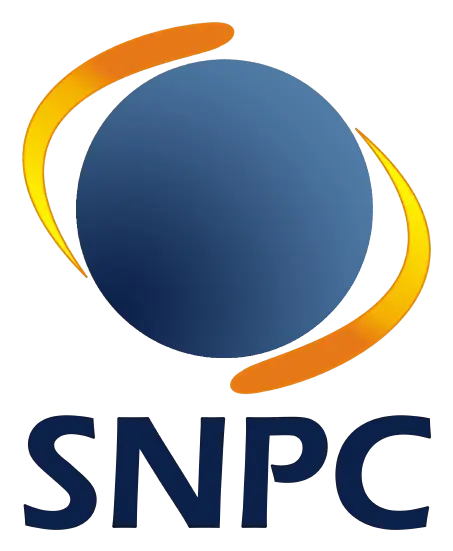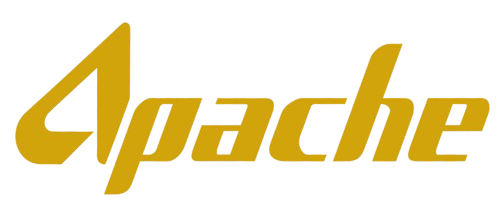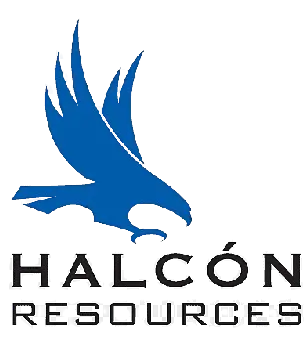All Courses
Use the filter below to navigate our courses
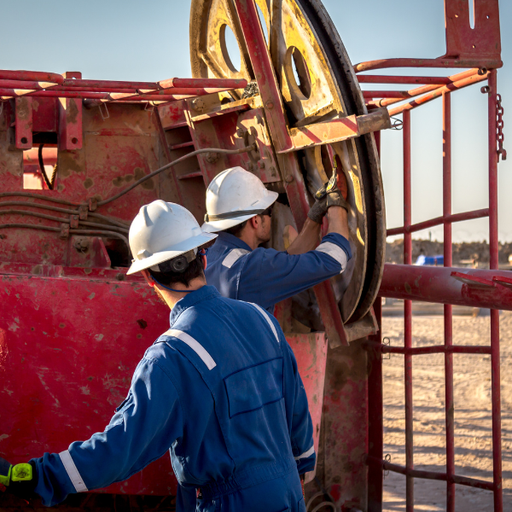
Description:
This course presents the fundamental aspects of oil and gas drilling technology, equipment and procedures. The drilling process is explained along with definitions and descriptions of drilling equipment as well as the terminology to understand the drilling process. The course addresses also an overview of rig types and equipment, the preliminary well design, directional drilling, drilling fluids, drilling bits and drilling economics. In addition, it emphasizes the basics of casing design calculations, well control as well as well completion.
Contents:
- Well Construction Process
- Drilling Fundamentals
- Preliminary Well Design
- Programming and Drilling
- Evaluating and Completing
Designed For: Junior drilling engineers, Geoscientists; Petroleum engineers; Reservoir Engineers and all the technical or operational staff who are working in collaboration with drilling engineers or involved in well design and drilling operations.
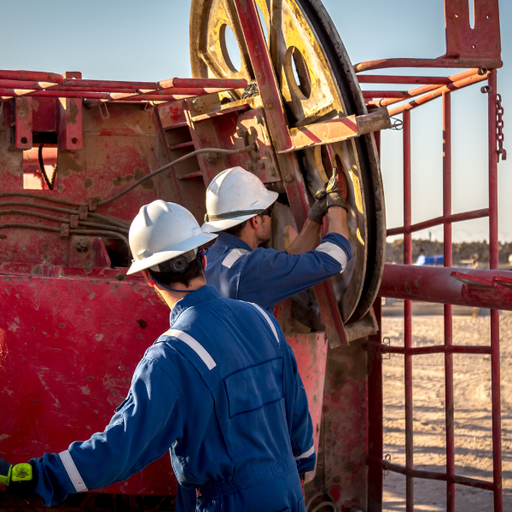
Description:
This course is designed to provide the participants with an in-depth knowledge on the drilling rig and the rig equipment.
Contents:
- DRILLING RIGS
- RIG FLOOR TRIPPING EQUIPMENTS
- BOP SYSTEM
- Mud Circulating System
- MOTION COMPENSATION SYSTEM
- PLATFORM TYPES
- MARINE RISERS
- THE DRILLING STRING
- DRILLING BITS
Designed For: Drilling engineers, Drilling supervisors, well engineers, Operation engineers and other technical or operational staff involved in well operations and workovers.
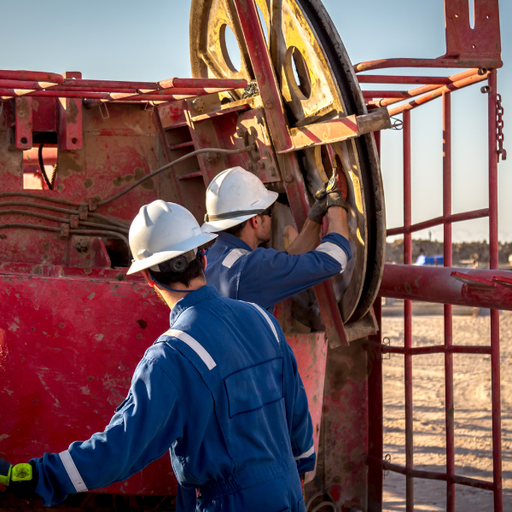
Description:
This course aims to provide the theoretical and practical aspects of drilling fluids technology. Detailed understanding will be conducted on the drilling fluids products, systems, chemistry, hydraulics, and rheology. The course will also cover the different components of the mud circulating system, drilling fluid testing protocols and equipment as well as solid control equipment and process. Hands-on laboratory Exercises may be included according to the client’s needs and requirements.
Contents:
- Basics of Drilling Fluids
- Drilling fluid products, systems, and chemistry
- Drilling fluid testing protocols and equipment
- System of Circulation
- Drilling Problems related to drilling fluids
- Solid control equipment and process.
- Health, Safety and the Environment
Designed For: Drilling engineers, Drilling supervisors, Drilling fluids engineers, Drilling fluids supervisors, Toolpushers, Geologists, Laboratory Fluid Technologists, and other technical or operational staff involved with drilling operations.
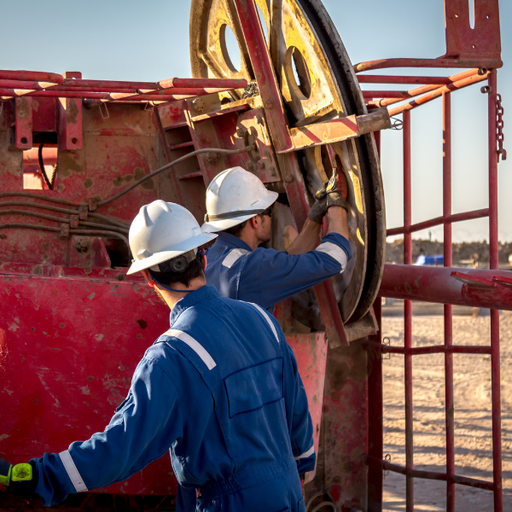
Description:
This course provides a comprehensive overview of the different types of bits, criteria for bit selection and design, drilling bit performance, and evaluation. It also covers the IADC classification system, factors affecting bit efficiency and optimization as well as wear study on the different types of bits.
Contents:
- Basics of Bit Design
- Bit Types
- IADC Classification
- Criteria for selecting the Bit for a given Formation
- Standard Methods for Evaluating Bit Dullness
- Factors affecting Bit Wear and Drilling Speed
- Optimization of Bit Weight and Rotary Speed
- Bit Optimization
- Study of wear on Roller cone bits
- Study of wear on fixed cutter bits
Designed For: Junior Drilling and well engineers, drilling supervisors, managers and all technical and operational staff who are involved with well design and drilling operations.
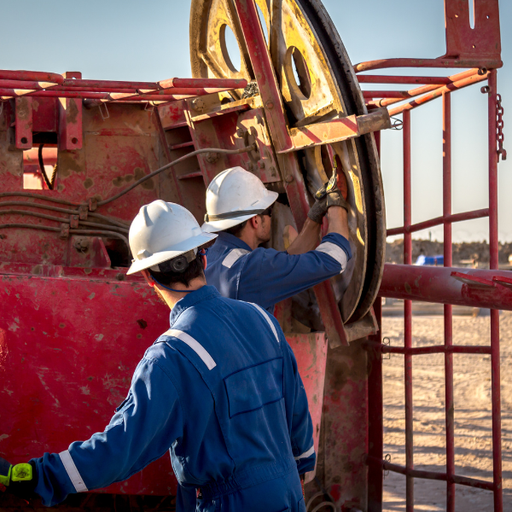
Description:
This course aims to provide basic understanding of drilling hydraulics, the methods and techniques used for pressure drop estimation, overview of drilling fluid rheology and how it affects drilling hydraulics. It will also cover the current industry practice on drill bit design and hydraulics optimization.
Contents:
- Functions and properties of drilling fluids
- Hydrostatics of Drilling Fluids
- Drilling Fluid Rheology
- Hydraulics Models
- Bit Hydraulics
- Hole Cleaning
- Surge and swab flow calculations
- Hydraulics Optimization
Designed For: Drilling engineers and supervisors, Drilling fluids engineers and supervisors, Tool pushers, Geologists, Laboratory Fluid Technologists, and other technical and operational staff involved with drilling operations and the development, planning and application of the drilling fluids and drilling hydraulics.
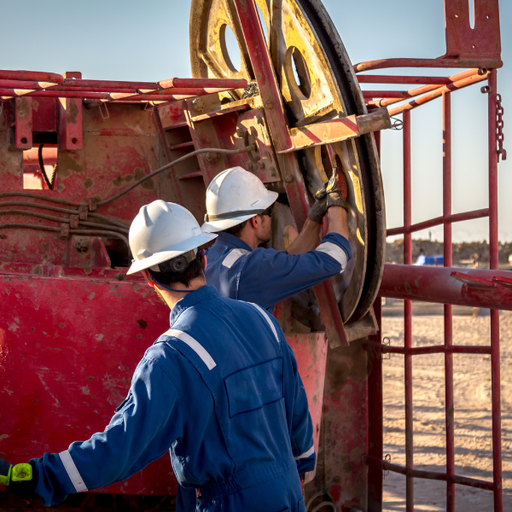
Description:
This course is designed to provide drilling and well engineers with the competency to design a drill string for a well. Topics covered will include drill string components, drill string failures and mechanical properties of drill string materials as well as vertical and deviated drill string design. The course will emphasize also the methods and processes of drill string inspection. By the end of the course, attendees will be able to set design constraints and factors, perform an overload design, a fatigue design, monitor and mitigate BHA vibration as well as predict and manage buckling. The course will cover theory, hands-on exercises, and the application of case studies.
Contents:
- Design assumptions
- Design factors
- Drill string components
- Vertical to high angles well design
- Drill string design
- Mechanical properties
- Bottom hole assembly selection and design
- Torque and Drag
- Buckling
- Drillstring Failures and prevention
- Drillstring vibrations
- Bending strength ratio, stiffness ratio, and stress relief features.
- Drill string Wear
- Directional Drill string equipment and Design
- Drill string inspection methods and process
- Case study for designing a drill string.
Designed For: Drilling engineers and supervisors, Tool pushers, Well engineers, and all technical or operational staff involved with well planning and drilling operations.
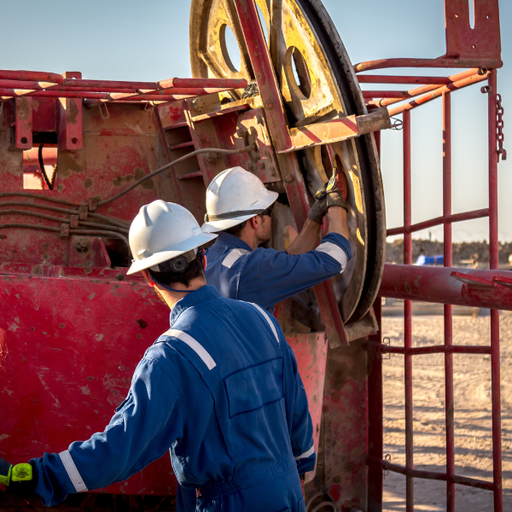
Description:
This course aims to develop knowledge and skills of the attendees in the theoretical and practical concepts of casing design and the related calculations. Design concepts will cover both surface and subsea drilling environment. In addition, the topics covered during this course will include casing setting depth, geological evaluation, casing specification and classification, mechanical properties of casing material, procedures, formulas, and rule of thumb for developing a detailed Casing Program. The course will include practical exercises and evaluation of knowledge gained.
Contents:
- Casing Profile
- Preliminary casing design
- Casing specification and classification
- Mechanical properties of steel and API casing strengths
- Tubular Range Lengths & Color Coding
- Material Aspects and Performance Properties
- Casing Loading and Design Considerations
- Special Design Condition
- Casing Design Workshop: Complete well design
Designed For: Drilling engineers and supervisors, Well engineers, and all technical or operational staff involved with well planning and drilling operations.
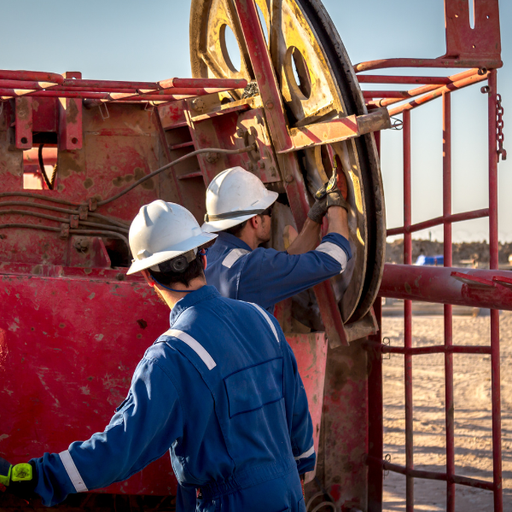
Description:
This course provides an understanding of almost all aspects of cementing operations and slurry design including primary and remedial cementing operations, cement chemistry and rheology, cement Properties and additives. Field Calculations, mud removal-slurry displacement and cementing equipment will be also presented. The training course covers the operating procedures, job planning and design as well as cement quality evaluation. By the end of the course, participants will learn how to design, plan, calculate, and execute successful Cementing Operations.
Contents:
- Cementing
- Cement Chemistry
- Rheology
- Cement Properties
- Cement Additives
- Special purpose cements
- Field Calculations
- Mud removal-slurry displacement
- Cementing equipment and cement job design
- Cement Quality Evaluation
Designed For: Drilling engineer and supervisors, Well engineers, completion engineers and all technical or operational staff involved in cementing and drilling operations.
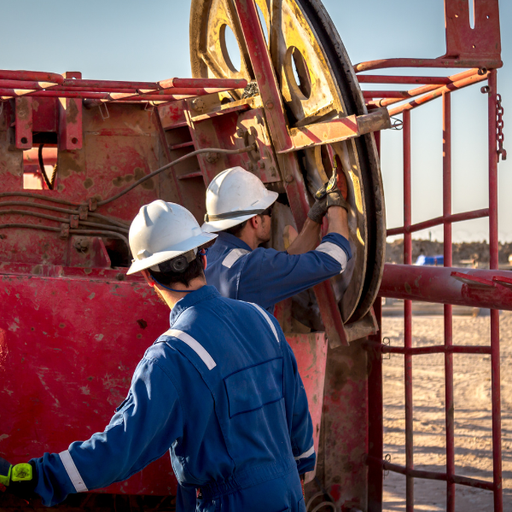
Description:
The course will cover the fundamentals aspects, design considerations, and operational concepts of directional drilling. Attendees will learn how to design and plan directional wells profiles, select bottom hole assemblies and understand directional drilling problems and learn how to manage these problems.
Contents:
- Introduction
- Well Planning and Directional Surveying
- Downhole Equipment
- Well Trajectory Planning
- Wellbore Stability and Drilling Hydraulics
Designed For: Drilling engineers and supervisors, toolpushers, drillers, managers and all technical and operational staff who are engaged in directional drilling technology.
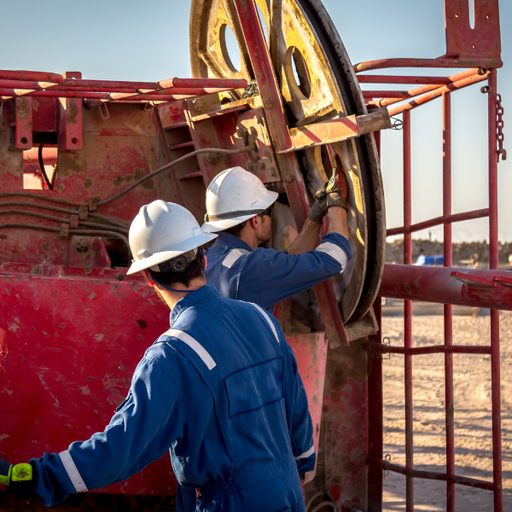
Description:
This course introduces the basics of well construction and drilling operations. The objective of this course is to give an overview on all the techniques applied for the well construction which include well planning, rig sizing and section, casing design, Drillstring Design, drilling fluids, drill bits, directional drilling, cementing, drilling problems, well control and drilling economics. Emphasis will be on the conceptual design and detailed engineering design calculations involved in planning a well.
Contents:
- Drilling operations
- Well planning
- Rig Sizing
- Pore pressure and Temperature
- Casing Design and BOP pressure rating
- Drill string Design
- Bit Selection
- Drilling Fluid and Hydraulics
- Cementing Operations
- Well control
- Directional drilling
- Drilling economics
- HSE Requirement for Drilling
Designed For: Drilling engineers and supervisors, tool pushers, operation engineers and all technical and operational staff who are involved in well design, drilling operations and workovers.
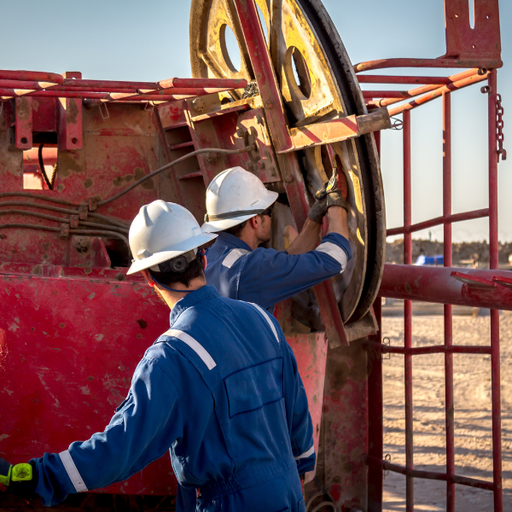
Description:
This course aims to develop an understanding of the causes of stuck pipe and how stuck pipe prevention can be managed through the well design and construction process. Topics covered will also include fishing techniques and tools, planning as well as the economics of fishing operations.
Contents:
- Introduction
- Rock mechanics
- Wellbore stress
- Stuck pipe: Definition, Causes and warning signs
- Well bore stability
- Stuck Pipe Mechanisms
- Loss of circulation
- Stuck Pipe Prevention Techniques and Tools
- Fishing: causes and prevention
- Fishing operation
- Fishing tool selection
- Fishing economics
- Fishing tool selection
- Fishing economics
- Drilling Jars
- Solids control
- Hole cleaning monitoring and management techniques
Designed For: Drilling engineers and supervisors, Completion engineers, drillers and all technical and operational staff who are engaged in drilling operations and workovers.
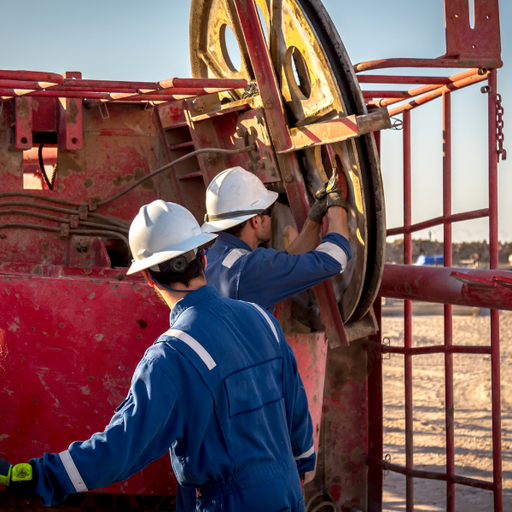
Description:
This course covers the fundamental aspects and practices of geomechanics and its important role in the well design and construction process. The course addresses details of the rock mechanics and earth stresses, and how in situ stresses can be determined from laboratory and log data. Other topics that will be covered in this course include the concept and construction of Mechanical Earth Models (MEM), geomechanical aspects of lost circulation, wellbore instability issues, Well Inclination and Depletion Effects. By the end of the course, participants will be able to plan for wellbore stability, implement geomechanics solutions in the well design and construction process, understand the concepts of wellbore strengthening. The course will include practical exercises and evaluation of knowledge gained.
Contents:
- Introduction to Rock mechanics and its applications in drilling operations
- Fundamentals of rock mechanics and earth stresses
- Laboratory Testing
- Log Based Parameters
- Pore pressure
- Construction and utilization of a Rock Mechanical Earth Model
- Wellbore instability issues
- Planning for wellbore stability
- Geomechanical aspects of loss of circulation
- Well Inclination and Depletion Effects
Designed For: Drilling and completion engineers, and all technical and operational staff who are engaged in well design, drilling and completion operations.
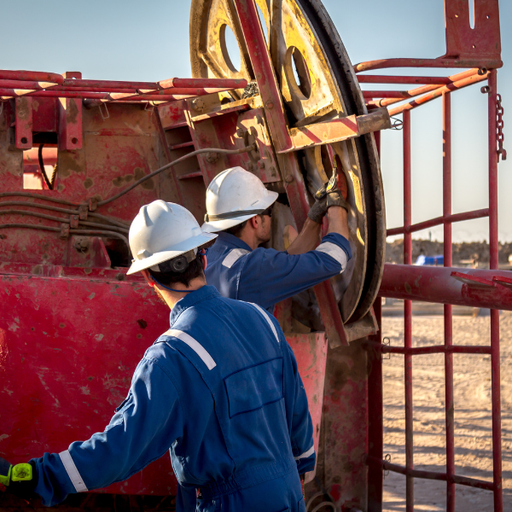
Description:
This course provides an understanding of almost all the aspects of coring technologies including the coring process, techniques and equipment. By the end of the course, participants will be able to choose the equipment accordingly to the operational objectives and constraints.
Contents:
- Introduction
- The standard core barrels
- Coring Solutions
- Oriented Coring
- Core Bits
- Coring Procedures
- Other coring technologies
- Core Analysis
Designed For: Drilling engineers and supervisors, operations engineers, well engineers and all technical and operational staff who are engaged in coring operations.
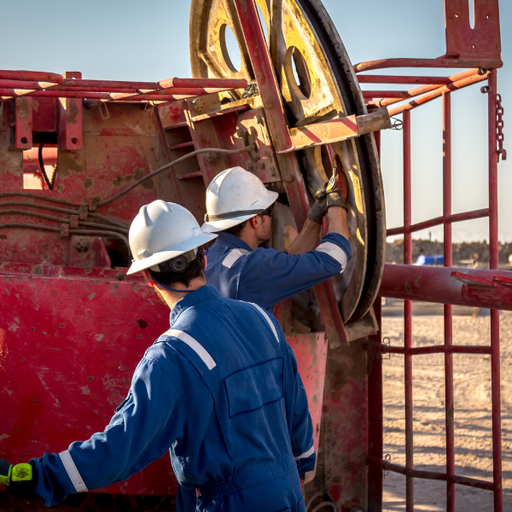
Description:
This course provides the conceptual and operational aspects of Deepwater Well design and construction. Deepwater Rigs types and Selection Criteria are discussed along with drilling equipment systems, Deepwater environment challenges and the related drilling issues and hazards. A geology overview is given together with wellbore stability and well design including casing design, drilling fluids and cementing. Other topics will be covered in this course including Well control, BOP equipment and well completion
Contents:
- Introduction to Deepwater Well Design and Construction
- Deepwater Rigs and Selection Criteria
- Location and Geology Deepwater Drilling
- Overburden removal and Compaction
- Pores and fractures
- Deepwater Equipment Systems
- Drilling from a Floating Vessel
- station-keeping
- Wellheads and Casing
- Blowout Preventers
- Risers
- Motion Compensation
- Riserless Drilling
- Deepwater Drilling Fluids
- Subsea completions, processing, control systems, well maintenance, and seafloor processing.
- Deepwater Cementing Operations
- Deepwater Drilling Problems and Hazards
- Well Control issues, Management, Equipment and Techniques
- Emergency Response Planning and Contingency Management
- Abandonment of subsea wells.
Designed For: Drilling professionals staff who are interested in the Deepwater well engineering, planning and drilling operations
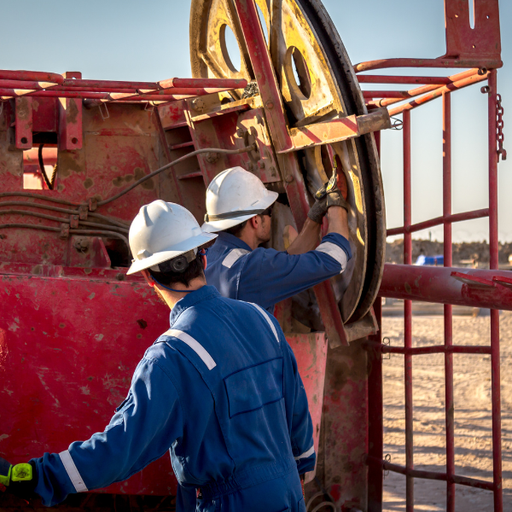
Description:
This course provides an understanding of the aspects of High-Pressure and High-Temperature (HPHT) drilling and completion operations. It introduces the fundamental challenges associated with HPHT drilling and completions throughout the well design and drilling operations. It develops the principles of HPHT well engineering from rig selection through well control and HPHT considerations for casing design, drilling fluids, cement operations and completion.
Contents:
- Introduction
- Well Design
- Rig Equipment
- Well Operations
- Testing and Completions
Designed For: Drilling professionals staff who are interested in the HPHT well engineering, planning and drilling operations
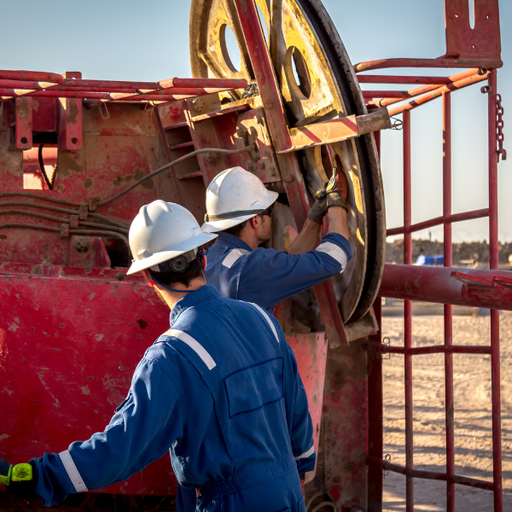
Description:
The course provides an understanding of the concepts and principles needed to apply well integrity and risk management practices during well construction and operations.
Contents:
- Fundamentals of well integrity management
- Life cycle Well Integrity
- Well Integrity Management System
- Well Failure Model
- Well Integrity Threats -Corrosion and Flow Assurance
- Well Integrity Monitoring, Inspection and Testing
- Well Integrity Risk Assessment
Designed For: Drilling professionals staff who are involved with well integrity.
Our Clients
Shared Vision, Shared Success!
